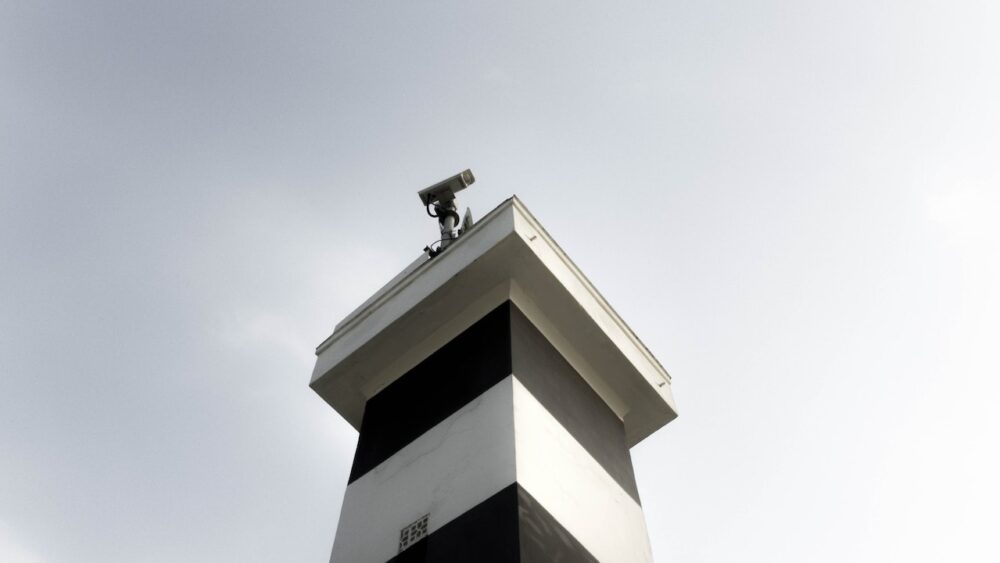Construction sites are busy places with many valuable assets and materials that need to be protected. To ensure the security of these sites, many contractors use surveillance cameras. But questions often arise: Do construction site surveillance cameras really need internet?
Let’s investigate this issue in depth and learn the truth.
Internet connectivity certainly improves the capabilities of construction site surveillance cameras, but it is not always necessary. Traditional surveillance cameras, commonly known as CCTV (closed circuit television) cameras, can work without an internet connection. These cameras record video to local storage devices such as digital video recorders (DVRs) and network video recorders (NVRs). They are standalone systems and their core functionality does not depend on an internet connection.
CCTV cameras offer many benefits for site security. It provides a visual deterrent to potential intruders and allows real-time monitoring of your premises. Even without internet access, these cameras can still capture high-quality video that can be reviewed later in the event of an accident. In areas with limited or unreliable internet connectivity, CCTV cameras offer a reliable and cost-effective solution.
However, it’s important to note that the lack of internet connectivity limits certain advanced features typically associated with internet-connected cameras. For example, remote access to live video feeds is difficult without an Internet connection. When your camera is connected to the Internet, you can view your footage from anywhere using your smartphone, tablet, or computer for convenient access and real-time monitoring capabilities.
To overcome the limitations of traditional his CCTV cameras and enjoy the benefits of an internet connection, the site administrator can choose the latest his IP (Internet Protocol) cameras. IP cameras use the Internet to transfer data and offer advanced features and flexibility. These cameras can be connected to your local network via Ethernet or WiFi, allowing access to live feeds, remote monitoring, and integration with other security systems.
Internet-connected IP cameras provide real-time notifications and alerts triggered by motion detection and other specific events. This proactive approach enables site administrators to respond to potential safety breaches in a timely manner. Plus, with cloud storage options, you can easily access recorded footage from anywhere, eliminating the need for onsite storage devices.
Be aware, however, that relying solely on Internet connectivity for security cameras presents some challenges. Internet outages or interruptions can cause loss of connectivity and prevent access to live video feeds and recorded footage. This vulnerability highlights the importance of having a backup solution or alternate method for accessing camera feeds in such situations.
In conclusion, while internet connectivity can undoubtedly enhance the functionality of construction site cameras, it is not an absolute requirement. Traditional CCTV cameras can operate independently without internet access, providing reliable on-site surveillance and recording. However, internet-connected IP cameras offer advanced features such as remote access, real-time notifications, and cloud storage, which can greatly enhance the overall security and monitoring capabilities of construction sites. Ultimately, the decision whether to utilize internet-connected cameras or not depends on the specific needs, infrastructure, and budget of the construction site.
Birdseye Surveillance can provide tailored solutions to meet these requirements and ensure optimal security for construction projects.





Comments are closed.